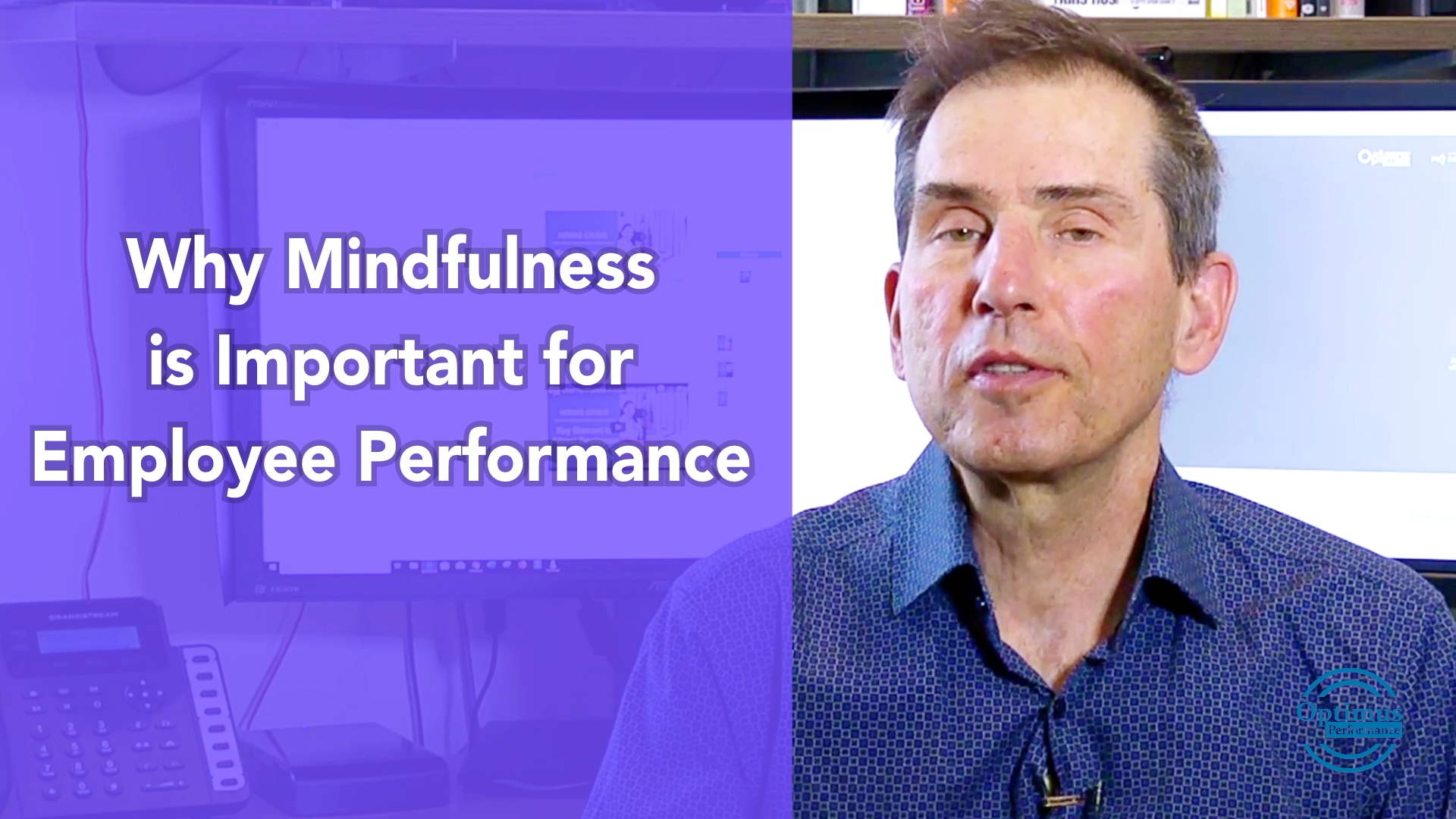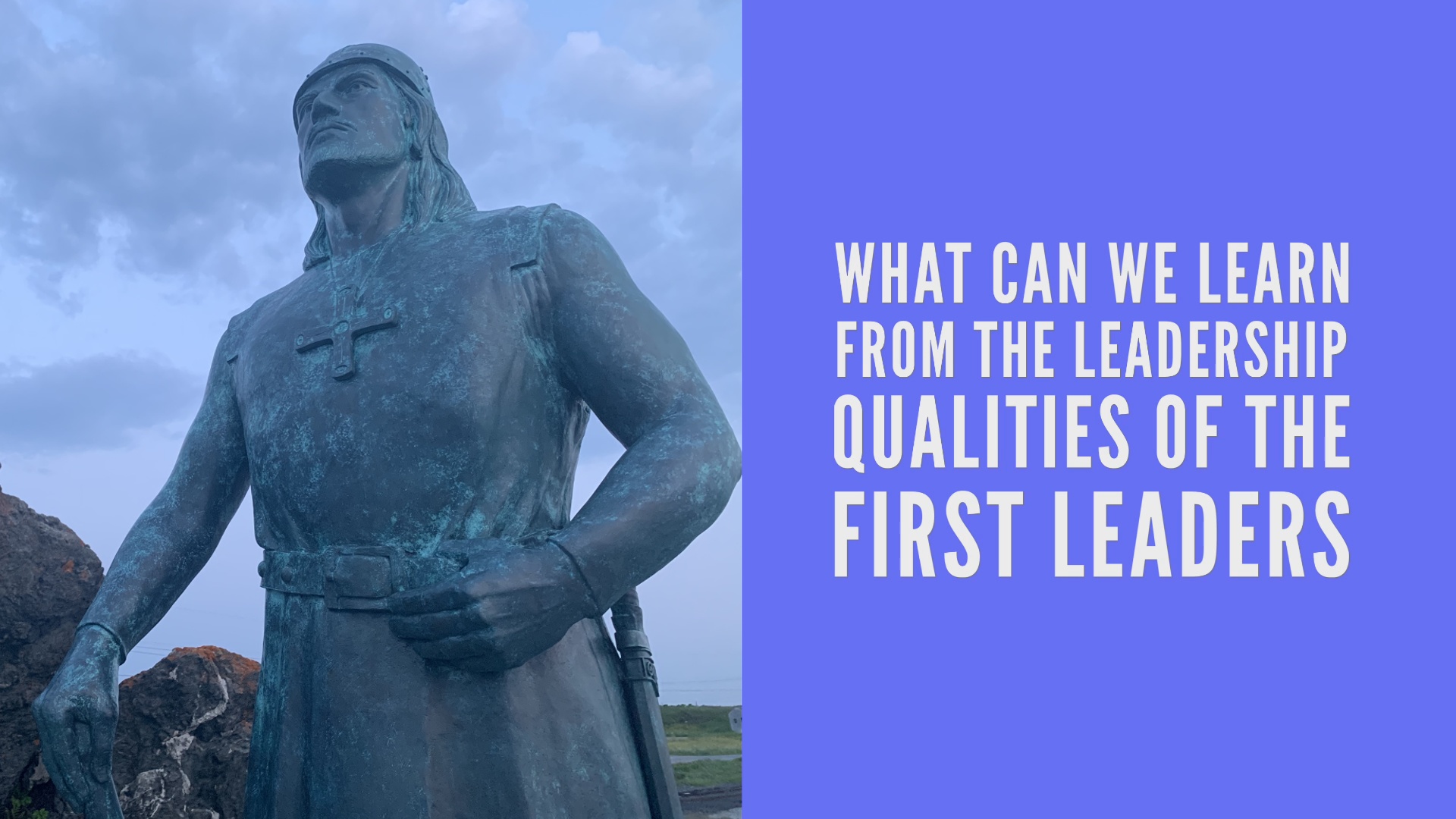Mindfulness is a term that has become very popular in the self-development and personal growth fields. Mindfulness is another term for being aware or conscious of oneself. It enables someone to respond better to people and situations.
It is imperative for people to practice mindfulness in order to make changes in behavior for improving performance and to implement new skills especially interpersonal skills such as active listening. New skills at first requires a change in attitude and habits.
Since we don’t think about our habits and just behave accordingly, mindfulness allows us to be aware of how we are reacting and make a choice to change our response or behavior.

The best way to practice mindfulness is through exercises in focus such as meditation. Meditation brings the focus to one’s inner self, rather than thoughts and what is happening on the outside.
I was speaking with someone who works in a large educational institution where they had just gone through mindfulness workshops for all employees. This is a good initiative as it shows that management values this practice and are willing to invest in helping employees learn and practice it.
Becoming more conscious and self-aware does take repetition and experts recommend a daily practice session in order to develop the ability to let go of thoughts and focus on the self.
The key is for the leaders of an organization to participate in these types of training workshops and to practice mindfulness and lead by example.



